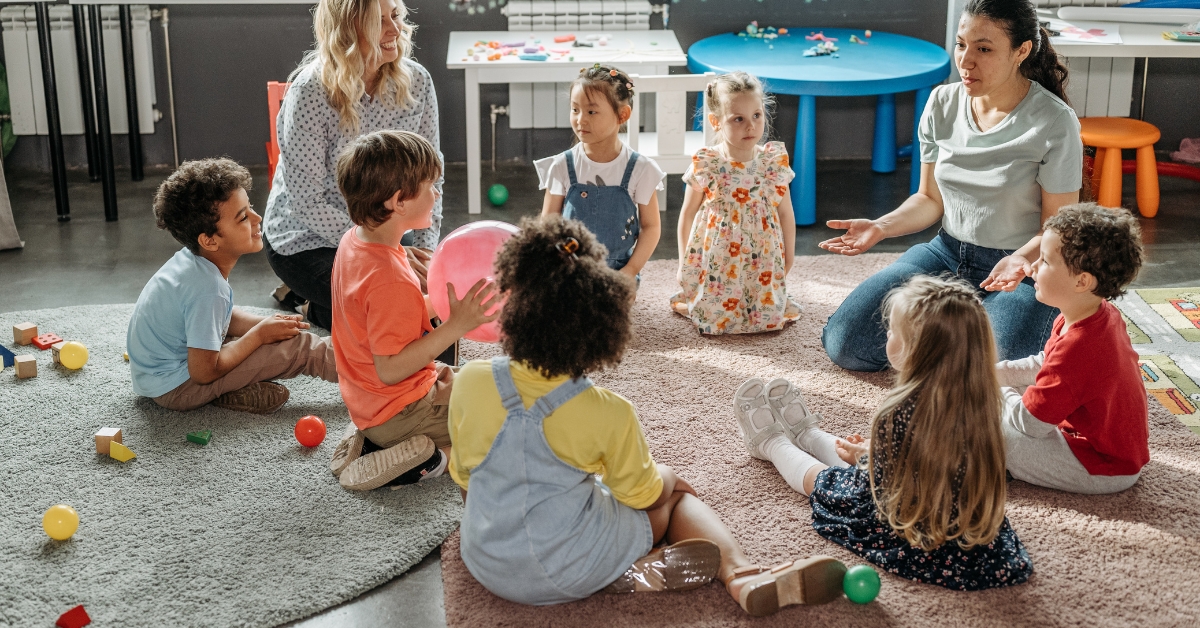Unlocking Potential: The Transformative Power of Play-Based Learning in Early Education
In the realm of early childhood education, the adage “play is the highest form of research” holds a profound truth. As educators, caregivers, and communities strive to create enriched learning environments for young children, play-based learning has emerged not just as a method, but as a transformative philosophy that nurtures essential growth and development.
The Essence of Play-Based Learning
At its core, play-based learning harnesses the natural inclination of children to play as a means of exploring their world. Unlike traditional educational methodologies that often rely heavily on structured lesson plans and formal assessments, play-based learning prioritizes experiential learning through play. This method allows children to engage with their surroundings, experiment with ideas, develop problem-solving skills, and foster creativity.
In a play-based learning environment, children are encouraged to take the lead in their educational journeys. They choose activities based on their interests, engage in imaginative play, interact with peers, and explore concepts at their own pace. This fosters a sense of autonomy, confidence, and intrinsic motivation.
Cognitive Development Through Play
Research consistently underscores the critical role of play in cognitive development. When children engage in play, they are not simply having fun; they are building essential cognitive skills. Activities like building with blocks encourage spatial awareness and problem-solving, while role-playing scenarios enhance language development and social skills. The freedom to manipulate and explore materials allows children to understand cause and effect, enhance critical thinking, and develop a love for learning that can last a lifetime.
The Social and Emotional Benefits
Beyond cognitive development, play-based learning cultivates vital social and emotional skills. The collaborative nature of play teaches children about cooperation, negotiation, and conflict resolution. In sharing resources and ideas, children learn to empathize and communicate effectively with their peers. These interactions are fundamental in developing emotional intelligence – an essential skill set that will serve them throughout their lives.
Moreover, the sense of security and trust established in a playful learning environment allows children to express their feelings and navigate complex emotions. This emotional resilience is critical as they encounter challenges both in and out of the classroom setting.
Enhancing Creativity and Imagination
In today’s rapidly evolving world, creativity is a cornerstone of success. Play-based learning nurtures imaginative skills by encouraging children to think outside the box. Whether they are inventing a story during dramatic play or devising new rules for a game, children are constantly engaging their creativity. This freedom to explore new ideas, assess different perspectives, and articulate their thoughts fosters innovative thinking, which is invaluable in a future where adaptability and creative solutions will be essential.
Practical Implementation in Early Education Settings
Successfully integrating play-based learning into early education requires thoughtful planning and a shift in mindset from traditional teaching methods. Here are some key elements for educators seeking to unlock the potential of play-based learning:
Environment Design: Create a learning environment that is rich in resources and opportunities for children to engage in varied types of play, including physical, sensory, and social activities.
Facilitating Learning: While play is child-led, educators should take on the role of facilitators, observing interactions and introducing new concepts organically as children explore.
Flexible Structures: Allow for flexibility in the daily schedule to accommodate spontaneous play initiatives while also integrating essential curricular elements seamlessly.
Inclusivity: Recognize that play looks different for every child and create inclusive opportunities that cater to diverse interests, abilities, and cultural backgrounds.
Family Engagement: Encourage parents and caregivers to understand the importance of play in learning and involve them in creating play experiences at home and in the community.
Conclusion
Play-based learning is more than an educational tactic; it is a paradigm that recognizes the holistic development of children. By fostering creativity, problem-solving skills, social interaction, and emotional intelligence, play unlocks potential in ways that traditional education cannot always achieve. As we advocate for a future that values adaptability, innovation, and empathy, it is crucial to champion play-based learning as a cornerstone of early education, ensuring that children not only learn but thrive. In doing so, we cultivate a generation equipped to face the complexities of an ever-changing world with confidence, creativity, and resilience.



